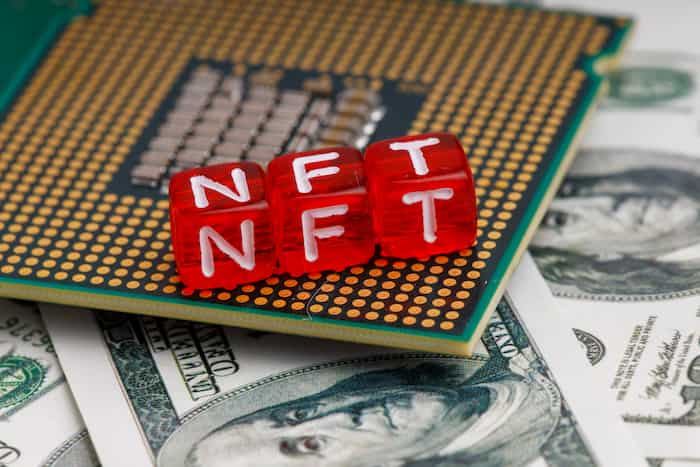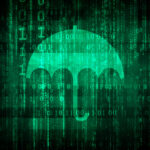The NFT law is currently particularly incomplete in the French legal panorama. It is essential to legally qualify the NFT in order to regulate its use and its articulation with intellectual property law.

What is the legal nature of NFTs?
NFTs (Non-Fungible Tokens) are tokens comprising a unique identifier and metadata operating on a blockchain. These non-fungible digital units are associated with an immaterial object that guarantees authenticity and traceability thanks to the blockchain technology (computer protocol that enables crypto-currency transactions). The NFT can also be attached to a physical file to guarantee its traceability and inviolability.
They are unique and non-interchangeable digital assets to which a certificate of authenticity is attached through the blockchain. NFTs allow a digital or physical work to be inscribed using cryptographic technology. However, the NFT does not represent a cryptocurrency.
The NFT can also be attached to a physical file to guarantee its traceability and inviolability.
An NFT therefore allows exchanges to take place in complete transparency since all exchanges between users can be consulted on platforms and marketplaces dedicated to NFTs (Decentraland, Cryptovoxel, the Sandbox, OVR).
The attractiveness of NFTs is explained by their uniqueness and rarity, as they are unique and cannot be copied, principles that were previously reserved for physical goods. To date, there is no regulatory authority; exchanges are controlled by computer algorithms in the machines concerned.
One of the major advantages of NFTs is the security they provide. Indeed, storage is carried out in secure databases with verification carried out directly by the computer machines that are part of the blockchain. They cannot be destroyed, but can be sold on platforms such as Medtamask.
Dreyfus.io assists project leaders to advise them on NFT law
In collaboration with a large network of law firms specialised in NFT law, Dreyfus.io assists companies of all sizes, project leaders, entrepreneurs, artists including digital and algorithmic artists, crypto-artists, street artists, musical artists, agents, gallery owners, auction houses, art dealers, video game studios, platforms and marketplaces in their legal issues related to NFT.
Indeed, NFT projects are varied and range from the artistic domain, to “collectibles” (randomly generated collections), to the domain of collections, especially of thumbnails, to the domain of sports, music, photography, and virtual universes: video games and metavers, avatars, accessories, virtual terrains (Sandbox, Decentraland). The content is very varied, for example memes (multimedia concept that circulates on the Internet in an original way or in the form of a parody to create a buzz).
Platforms for direct contact between collectors/fans and artists have been set up. The same applies to VIP events with exclusive access. NFT can therefore also be useful, for example to generate tickets for an event, for traceability purposes, to prove a person’s identity, etc.
Dreyfus.io‘s advanced NFT-related legal services aim at providing support to NFT project owners and holders of intellectual property rights (copyrights, trademarks, domain names); Dreyfus.io offers effective solutions both for the design of NFT projects and for their defence.
Dreyfus.io includes a Web 3.0 trademark defense department and helps companies to establish their strategy for protecting and defending their trademarks in the metaverse.



